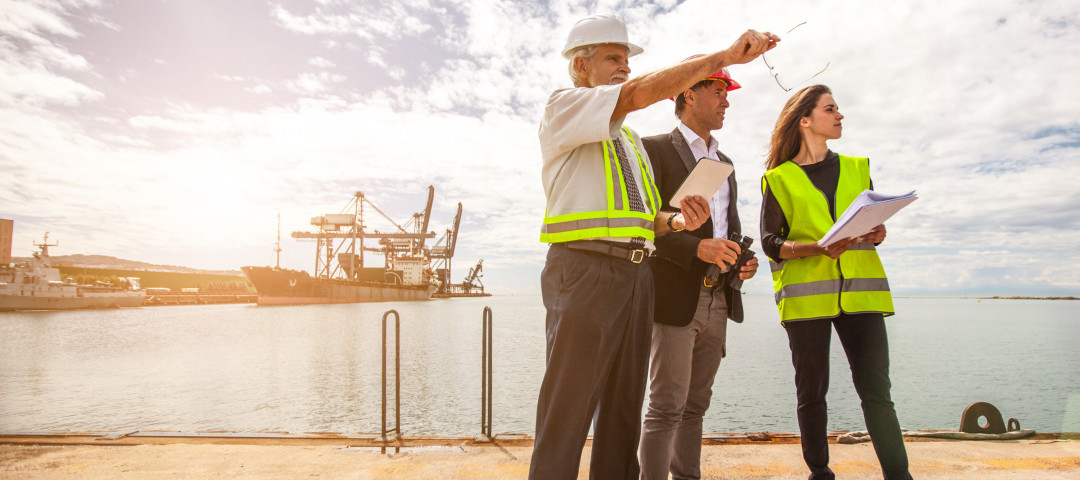
Throughout history, seas and inland waters have provided nations with significant strategic power. States have defined their interests and priorities concerning seas within their legal systems and considered fostering seafaring generations to guarantee their survival. The rapid growth of the global population has created a necessity for quicker and more cost-effective access to resources, further increasing the importance of maritime transportation. Developments in the shipbuilding industry, the growing volume of international trade, and globalisation have brought a new dimension to maritime trade, maritime science, and maritime education. Reflecting the substantial accumulation of knowledge in the business discipline on the contributions of maritime activities to human history, the necessity for a field where maritime-related sciences from a multidisciplinary perspective have emerged. In this context, higher education departments and programmes in Maritime Business Administration, encompassing national and international activities related to transportation on seas and inland waters and managing and operating all resources, have become increasingly prevalent both globally and in Türkiye.
Undergraduate education in this field began in Türkiye in 1988 with the admission of the first students to the Maritime Business Administration Department. The undergraduate programme in Maritime Business Administration continues to meet the need for highly skilled professionals in the maritime and transportation sectors with its international scope, multidisciplinary study areas encompassing various industries, and growing importance under rapidly changing global conditions. Accordingly, Bursa Technical University aims to contribute qualified and competent individuals to the maritime industry through this programme, offering students a wide range of career opportunities.
Thanks to its geographical location and rich maritime history, Türkiye is a key player in marine trade. With over 8,000 kilometres of coastline, over 180 ports of various scales, and a marine trade fleet comprising 495 vessels, Türkiye boasts a maritime industry with a total volume of $3.2 trillion. As of 2022, approximately 400 million tons of Türkiye's total trade was conducted via maritime routes. The marine trade sector in Türkiye, supported by more than 15,000 maritime enterprises, makes a substantial contribution to the Turkish economy and helps the country maintain its effectiveness in the international trade and logistics sectors. Bursa, with a trade volume exceeding $27 billion, 17 organised industrial zones, and its geographical location, holds strategic importance in Türkiye’s maritime trade. Notably, as of 2022, the Gemlik Port Authority ranks among the top 10 port authorities in Türkiye in terms of cargo handled. Five ports in this region handled a total of 15.4 million tons of cargo in 2022. The high level of operational and economic activity in the region has also led to an increased demand for skilled personnel. Accordingly, the Maritime Business Administration programme (Bachelor's Degree) at Bursa Technical University aims to meet this demand by training maritime professionals.
In line with its vision to operate actively in all areas related to the maritime industry, the university aims to educate students in this programme in compliance with international rules, standards, and accreditation criteria, thereby contributing qualified individuals to the industry. Supported by a young, dynamic, and experienced faculty in the maritime industry, this programme aspires to equip students with theoretical knowledge and practical industry experience, ensuring its graduates stand out in the sector. Through this programme, Bursa Technical University aims to offer students a broad range of career opportunities and contribute qualified and skilled individuals to the maritime industry.
